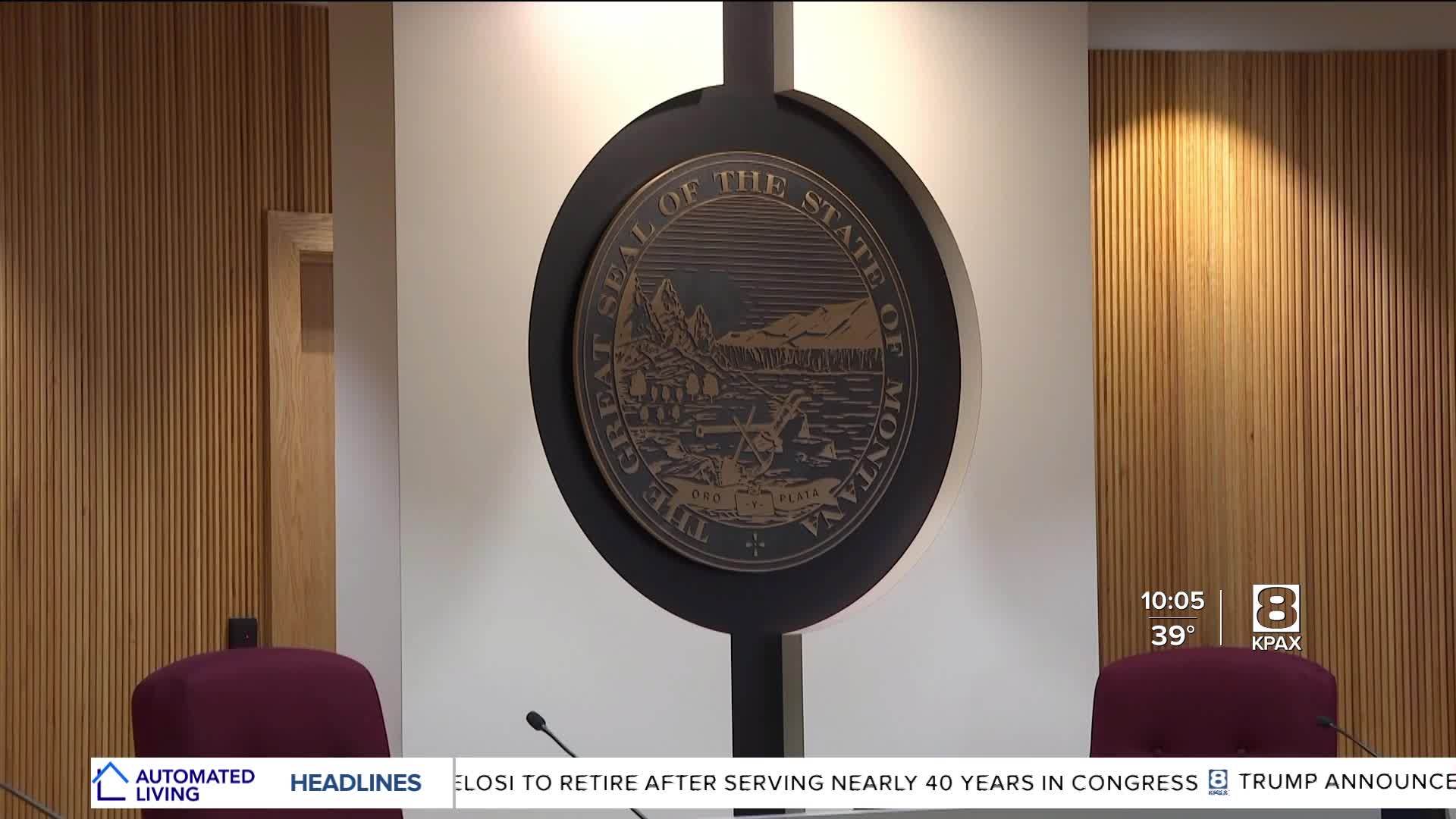HELENA — In a unanimous ruling, the Montana Supreme Court has upheld a 2021 state law that banned discrimination based on whether someone has been vaccinated.
House Bill 702, passed during the COVID pandemic, says people can’t be denied goods, services, employment or public accommodations based on their vaccination status or an “immunity passport.”
It also prohibits any vaccine mandate for a vaccine that’s under an emergency use authorization or going through safety trials, as many of the COVID-19 vaccines were at that time.
Netzer, Krautter and Brown, a law firm based in Sidney, sued over HB 702, arguing that it violated fundamental rights, including the Montana Constitution’s guarantees of equal protection and a “clean and healthful environment.”
In 2023 and 2024, a district judge in Richland County dismissed most of the plaintiffs’ claims. However, she blocked one section of the law — the part dealing with vaccines on emergency use authorization and safety trials — saying it didn’t fit within HB 702’s original title, which focused on “discrimination.”
The Montana Constitution says, “If any subject is embraced in any act and is not expressed in the title, only so much of the act not so expressed is void.”
Netzer appealed the decision to the Montana Supreme Court, and the state appealed the ruling that blocked the single section.
In a ruling authored by Justice Beth Baker, the Supreme Court rejected Netzer’s request to overturn the lower court’s decision. Baker wrote that the decision was not based on the merits of the constitutional challenge, but on procedural issues.
She said the district court had initially failed to give a full hearing to the substance of Netzer’s claims, but the judge later corrected that error. She said Netzer’s appeal focused on the judge’s process and not the constitutional claims.
“Netzer fails to address the substance of the District Court’s supplemental order or to develop an argument with legal support for their position on the majority of their constitutional challenges,” Baker wrote.
Justices also ruled the section on emergency use authorizations did fall within the bill’s title, so they reversed the judge’s order – allowing the full law to remain in place.
Baker wrote that the requirements for conforming a bill with its title are there to make sure the public isn’t misled, but that there would be nothing surprising about this topic appearing in a bill about “discrimination based on a person’s vaccination status.”
“Choosing not to obtain a certain vaccine is a ‘vaccination status,’” she wrote. “Prohibiting a mandate for vaccines that have not completed safety trials reasonably relates to the purpose that those who abstain from such vaccines not suffer adverse consequences solely by that choice.”
Attorney General Austin Knudsen’s office defended HB 702 and praised the court’s decision in a statement to MTN.
“The Montana Supreme Court's decision is a win for Montanans,” said Chase Scheuer, a spokesperson for Knudsen’s office. “No one should be subject to discrimination regardless of vaccination status, which the Ninth Circuit has also solidified. Further, the decision provides much-needed direction on the single-subject rule, which states legislation must only address one subject that’s specified in its title and is commonly abused by liberal activists to undermine duly enacted laws.”
Read the Supreme Court's full decision:





